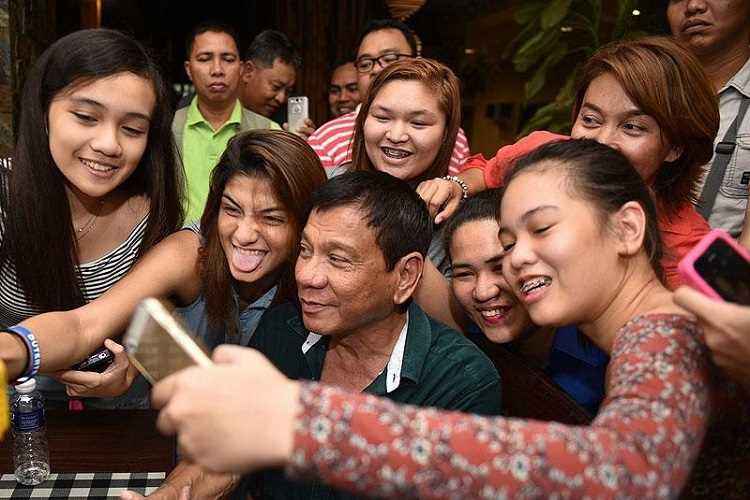A few interesting things happened for the Philippines gambling industry during the otherwise disastrous 2020.
While commercial gambling houses saw their earnings virtually wiped out, the pandemic led to a functional reset and reimagining of the entire market.
That said, the traditional aspects of Entertainment City brick-and-mortar resort casinos are still going to be heavily embraced.
The Philippines is on a mission to reestablish itself per its 2019 trajectory of becoming the gaming capital of Southeast Asia, and there is every reason to think that’s absolutely going to happen.
For one thing, new Manila casino construction is moving quickly, as are IR expansions and renovations.
For example, Suncity Group has announced this month that it’s planning the construction of the brand-new Westside Casino Hotel in Entertainment City.
Meanwhile, the City of Dreams Mediterranean has restarted construction and should open sometime in mid-2022.
For another thing, in the last half or so of 2020, Entertainment City venues were finally allowed to reopen and operate at reduced capacities.
The GGR (gross gaming revenue) for Q4 2020 was up 28 percent over the previous three months, proving that customer demand is ramping back up.
Despite still being down some 59.7 percent year-over-year, that’s a massive improvement – and a massively quick rebound – considering the state of the industry just a few months ago.
Of course, COVID brought with it another major development re Philippine gambling laws, as the government has finally approved domestic operators to offer online gambling games to Filipino residents.
While Filipinos aged 18 and up have been legally able to gamble with offshore Philippines casino sites for years, many players will be eager to check out the new local options.
These, called Philippine Inland Gaming Operators – or PIGOs – were initially allowed as temporary measures to address the massive losses faced by retail casinos.
However, PIGOs are taxed at a 30 percent rate, and they’ve been extremely popular since their recent launch.
PAGCOR CEO Andrea Domingo kept her assessment short and sweet:
“It will be good to collect revenues and stop illegal gambling.”
This endorsement and its sentiment mean that the PIGO model is likely here to stay.
Ironically, while the PIGOs are making bank for their operators and Philippines coffers alike, so are POGOs, or Philippine Offshore Gaming Operators.
POGOs suffered greatly during the 2020 pandemic, with more than half of them shutting down. Illegal POGOs closed up shop and left the islands, while licensed POGO numbers dropped by more than half from 130 to just under 60 active operators.
Of course, in yet another bit of positive news for the Philippine gambling market, these remaining POGOs – likely due to fewer operators and thus more focused governmental enforcement – have been meeting their tax obligations like never before.
All of a sudden, POGOs – despite there being far fewer of them in operation – are paying out more money in taxes to the Philippines than ever.
Overall, the Philippines is defying all odds, coming out of the coronavirus crisis firing on all cylinders in a market that was one of the first to succumb to shutdowns and closures.
They’ve got retail casinos, world-class integrated resorts, domestic online gambling, and even offshore gambling operators, all of which are providing tax revenue to the state for valuable infrastructural projects, healthcare, and more.
The only thing they don’t have domestically is legal online sports betting (which you can legally enjoy at offshore Philippines sports betting sites), and online poker rooms.
But we expect these markets to be launched in short order, as well.
The sky is the limit and the future is bright for gambling in the Philippines, both online and off.
Sources: Casino.org (link 2), IAG

